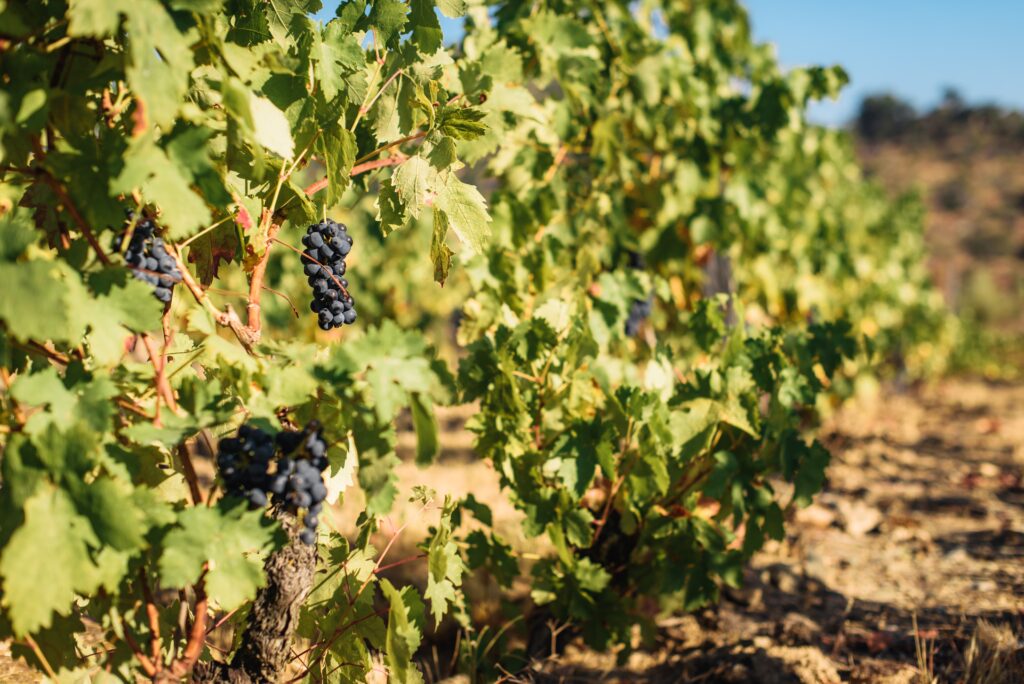
The Growing Season, Nelson Boschman, 2022
Nelson Boschman’s book The Growing Season could not have come at a better moment for me. I got to read an advanced copy before its official publication and it was sent to me on April 17th, the first day of a vacation in France and Italy. I was able to read the book in Paris and Bordeaux in France and in Florence, Italy. Now anyone who knows even a bit about wine, knows that both Bordeaux and Florence are significant wine producing regions. Our vacation took us to a winery in Saint-Émilion and two in the Tuscan hills near Florence.
Not being much of a wine connoisseur myself, the book helped me understand much about tasting, appreciating, and understanding the years of hard work that go into the making of a good bottle of wine. In fact, one of the strengths of the book is the significant detail regarding how wine is made. But the book is not just about wine and winemaking. The book is also about a spiritual journey. Nelson Boschman has a pastor’s heart and seeks to lead others in their spiritual journey. I have known Nelson for several years and have followed his career from afar. I have known him as an artistic soul who planted and led a church in one of the most difficult places in Canada. To survive as a pastor and church planter in Vancouver, one must truly love people and have great stamina to make it through the ups and downs of church life.
It is this connection between those who make great wine and those who curate their own soul first so that they can lead others in their spiritual journey, that makes the book so helpful. I appreciate the stated goal of the journey on which Nelson is taking us:
“I have been searching for a more this-worldly spirituality…. Something more inclined to explore what it means to live well, to flourish as humans here and now…. less pearly gates and a lot more consider the lilies.”
I read those words as I sat in Paris observing the connection between great art and great faith. It seemed to me that people who lived a few hundred years ago had a greater understanding of this connection between the earth and heaven. They did not separate their spiritual life from the day-to-day work of making a living and finding enough food for their family. They knew that they were dependent upon God and that they also must succeed by the sweat of their brow. I could appreciate that I too was looking for this connection of earth and heaven.
Chapter Three, “Little Foxes” contains a marvelous illustration of something that Jesus said about allowing the good crop and the bad weeds to grow together until the harvest. Boschman speaks of the incredible risk God takes with us and how we have trouble distinguishing between the crop and the weeds, the good and the bad in our lives. He suggests that we can trust God to sort things out at the right time and to use even the bad weeds for good in the growing of a crop.
Boschman speaks with honesty of losses in his own life and how we can acknowledge that even with small losses it is important to admit that they feel significant to us. I could certainly relate to his words about missing going for runs on Vancouver’s seawall, for I lament the same loss. Although we did not run together, there was a time when we both lived on the edge of the sea and went for runs on those magnificent pathways around Vancouver. Both of us have moved away and can no longer step out the door to run there; and both of us grieve the loss of our connection with the ocean. This may seem like a small loss when others are losing so much more, but Nelson points out that is okay to grieve our own small losses. “…everyone’s story matters. Everyone’s story deserves to be honoured. Including mine.” (Chapter Four, “Harvest”)
Perhaps the one thing that needs to be said about the book is that the reader needs to persevere in reading it. Initially I found myself not seeing the connection between wine making and the spiritual journey, or at least the connections seemed a little too tenuous for me. As one who does not have the same appreciation for tastings, pairings, and guarding my palate, I was almost bored with the wine talk. But as I got deeper and deeper into the book, I found that the connections began to build one upon another until I began to be drawn into the relatedness of it all. By Chapter Five I was good and hooked and could see the connections more clearly.
By the same token, Boschman’s description of how to taste wine and guard the palate were exceptionally helpful as I toured three wineries. I loved his quote about not brushing his teeth after breakfast because “The last thing I wanted was to sip a lovely Bordeaux-style blend that’s supposed to taste like blackberry, plum, and vanilla, and all I’m getting is fresh mint Sensodyne.” Perhaps I drove my wife a bit crazy as I guarded my palate and wouldn’t have a bite of her ice-cream after the second winery tour and before the third. I had a silent chuckle as I noticed that someone else on the tour was chewing minty fresh gum just before the tastings.
I highly recommend this book to anyone who wishes to learn more about wine and more about spiritual development. You don’t have to be a sommelier or a pastor to appreciate the earthiness of the book, the soul baring honesty of human joys, losses, mistakes, and triumphs. Life is always about growing, learning, and progressing in an appropriate growing season.